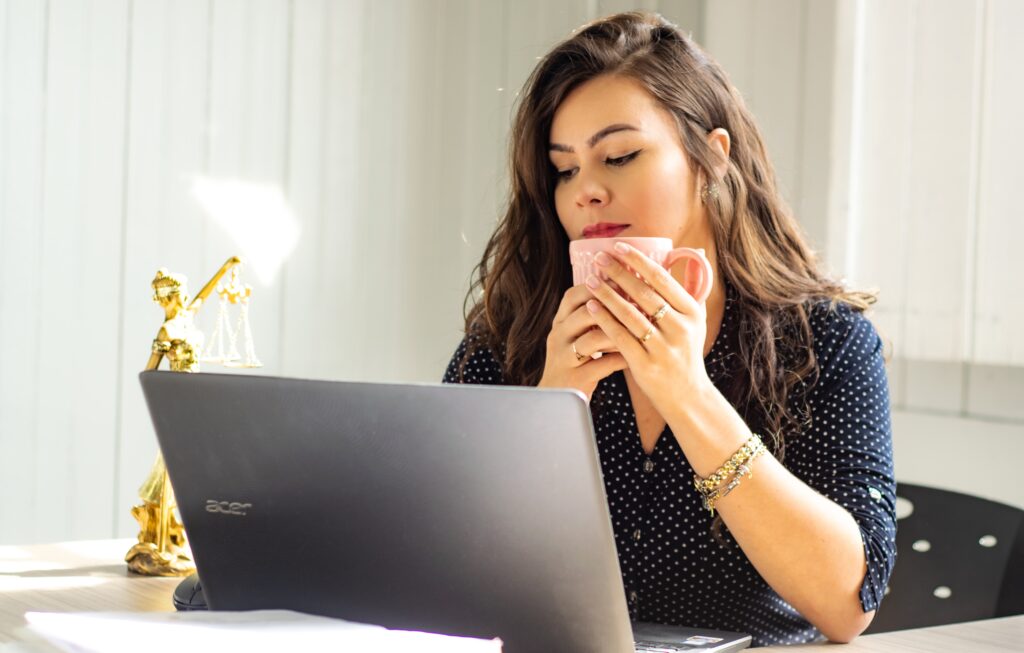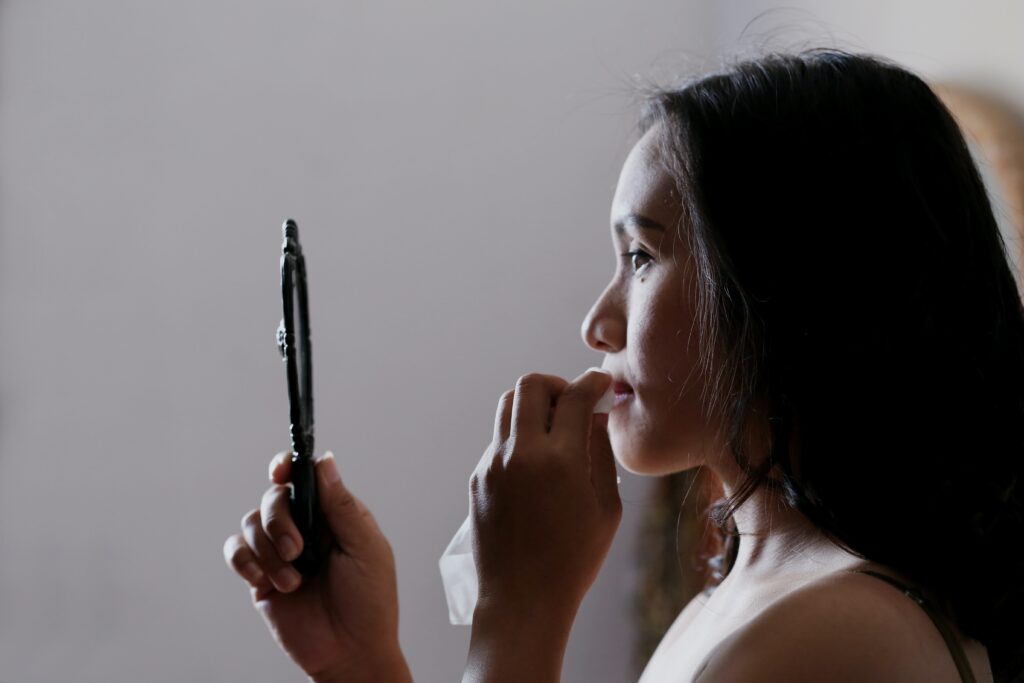Combating the Negative Effects of Social Media
October 30, 2021
By counselingwithnatalie
October 30, 2021
By counselingwithnatalie
Social media is a relatively new invention and has become increasingly popular in the past few decades, especially among teens and younger adults. Social media has many benefits, such as giving people the ability to connect with others and allowing people to share special photos or personal opinions with others. However, social media can also affect us psychologically and take a big toll on our overall mental health and wellness.
A study by the Pew Research Center found that 81% of teens and 69% of adults in the U.S. use social media, which is a significant portion of the population. Given that social media use is linked with higher rates of anxiety and depression, this puts a lot of people at risk. But what exactly is it about social media that correlates with higher levels of mental distress?
One effect of using social media is poor sleep quantity and quality. One study by Common Sense Media found that teenagers may spend up to nine hours online every day. This heavy use of social media can cause teenagers to stay up late, causing a lack of sleep. It is also well documented that the blue light emitted from electronic devices suppresses the release of melatonin, contributing to insomnia and poor quality sleep, which is in turn associated with higher levels of depression, anxiety, and poor mental health.

Another effect of using social is FOMO or fear of missing out, which is defined as the belief that everyone else around you is having fun while you are not present and leads to feelings of regret, anxiety, depression, and low self-esteem. Instagram, in particular, has been shown to increase these feelings in users as they scroll through everyone else’s highlights reels while they feel like they are missing out on the fun events they see others posting about.
Finally, social media can cause people to be dissatisfied with themselves, particularly with their bodies and physical appearances. A study found that 32% of teenage girls reported that Instagram made them feel worse about their bodies. Body dissatisfaction is associated with higher rates of depression, low self-esteem, and eating disorders. Social media emphasizes that physical appearance is very important. Additionally, many influencers use lighting, camera angles, posing, and photoshop to make their bodies look unrealistically perfect, contributing to negative body image and low self-esteem among users who see these images and then compare them to their own bodies.

To combat some of these negative effects, Facebook and Instagram have added a feature that allows users to hide their “like” count from others. The mentality behind this change is that if users can’t compare their like count with others, there will be less social comparison and that higher levels of comparison are correlated with worse mental health. However, while experts agree that this is a step in the right direction, they do not believe that this will have a large positive effect on the mental well-being of users and that the change is “too little, too late”. Even with this new feature available, it is not the default setting and users will have to actively make the choice to turn off the like count. Additionally, users can still easily view the number of likes on their own posts even with this feature turned on.
Taking a break from social media can be beneficial to your mental health in many ways. It can improve your sleep and decrease feelings of insecurity and FOMO from comparing yourself to others. It can also be helpful to take a step back and remind yourself that social media is a highlights reel and that social media is not reality.
By Samantha Srichai, Content Contributor
References
Callahan, M. Why does Instagram have a negative effect on teenagers’ mentalhealth? (2021). News@Northeastern.
https://news.northeastern.edu/2021/09/20/negative-effects-of-instagram/
Chiu, A. Will hiding likes on Instagram and Facebook improve users’ mental health? We asked experts. (2021). The Washington Post. https://www.washingtonpost.com/lifestyle/wellness/likes-facebook-instagram-mental-health/2021/05/27/132073d0-be55-11eb-9c90-731aff7d9a0d_story.html
Macmillan, A. Why Instagram Is the Worst Social Media for Mental Health. (2017). Time. https://time.com/4793331/instagram-social-media-mental-health/
Newsom, R. How Blue Light Affects Sleep. (2021). Sleep Foundation. https://www.sleepfoundation.org/bedroom-environment/blue-light#:~:text=Light%20therapy%2C%20and%20blue%20light,we’re%20trying%20to%20sleep.
Sherrell, Z. What to know about social media and mental health. (2021). Medical News Today.
https://www.medicalnewstoday.com/articles/social-media-and-mental-health
The Social Media Dilemma: Social Media and Your Mental Health. (2021). McLean
Hospital. https://www.mcleanhospital.org/essential/it-or-not-social-medias-affecting-your-mental-health
Tags